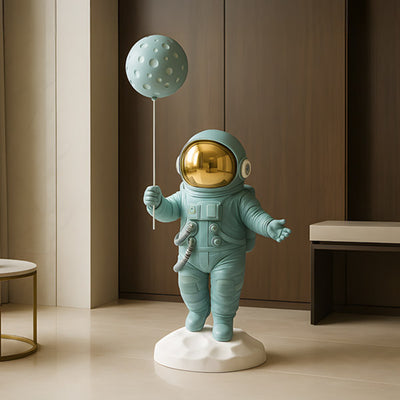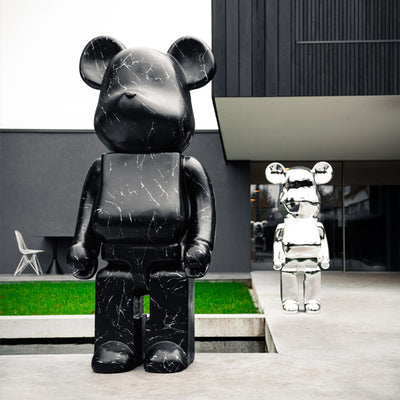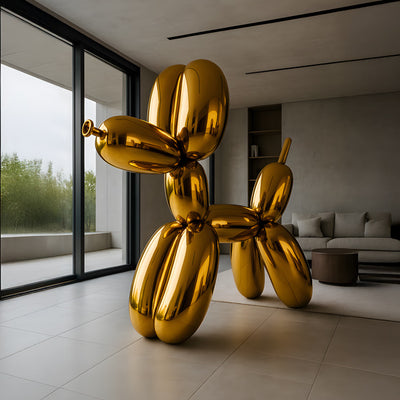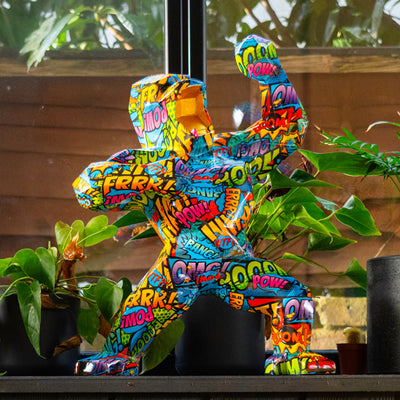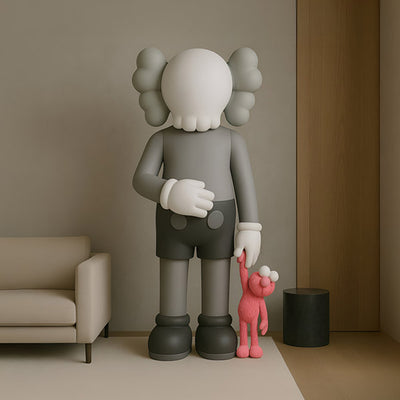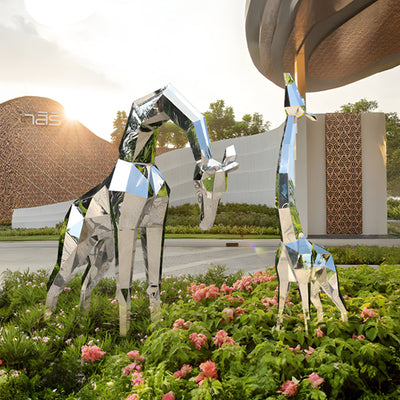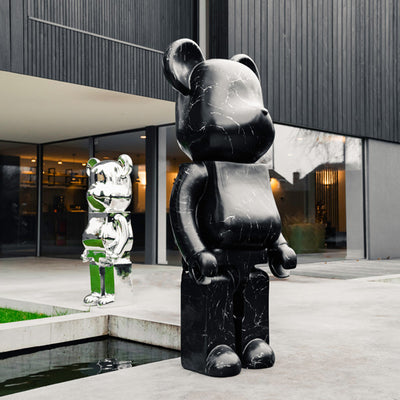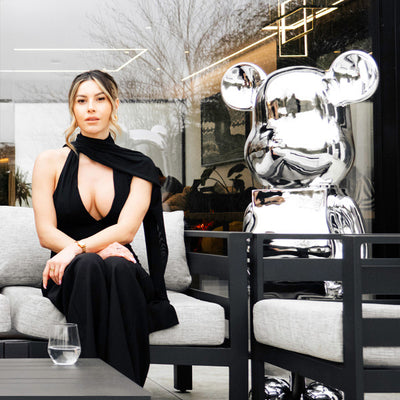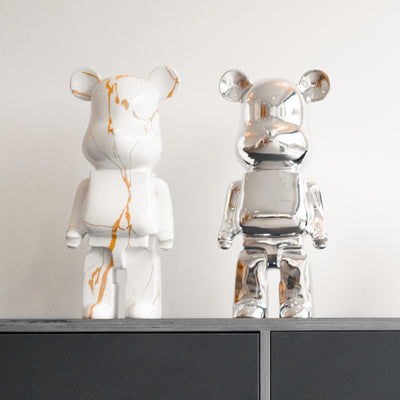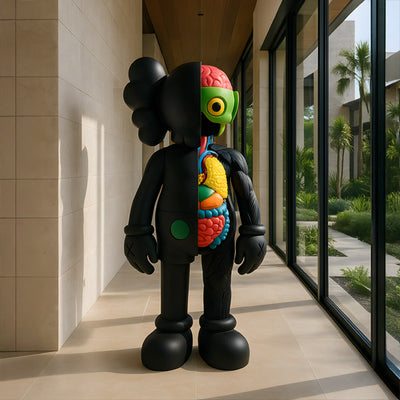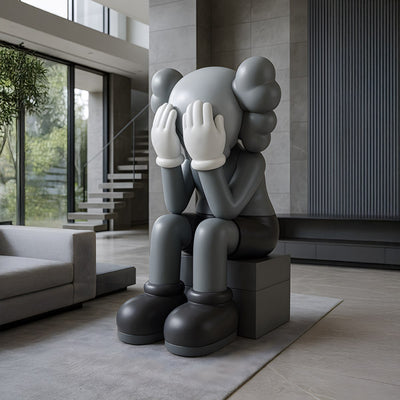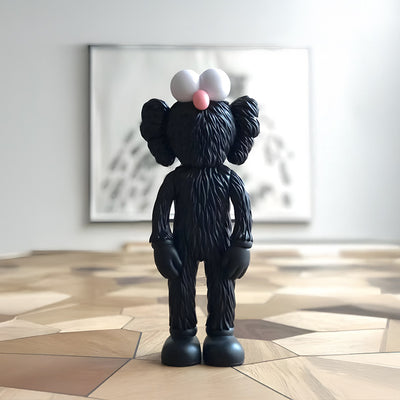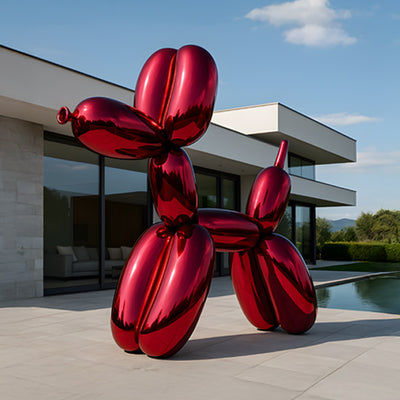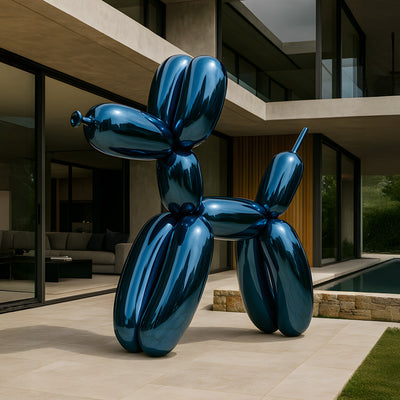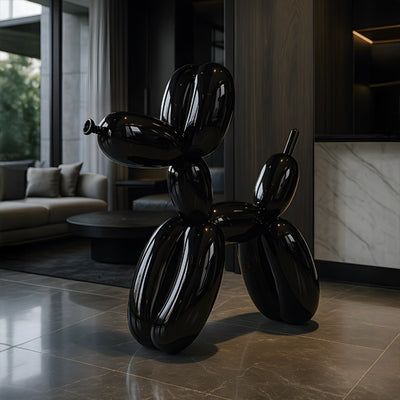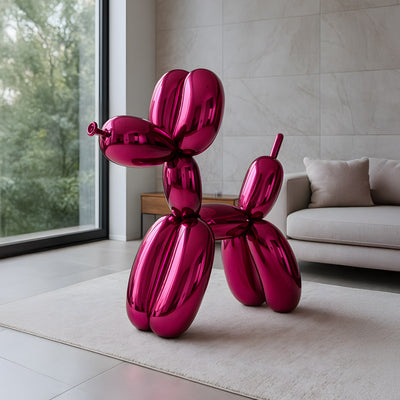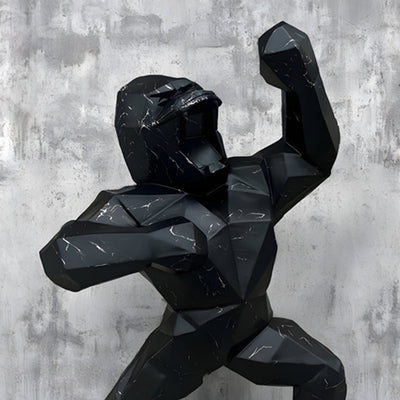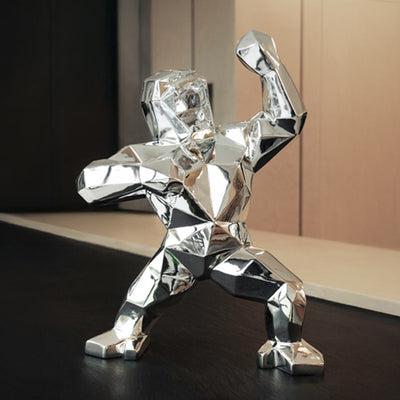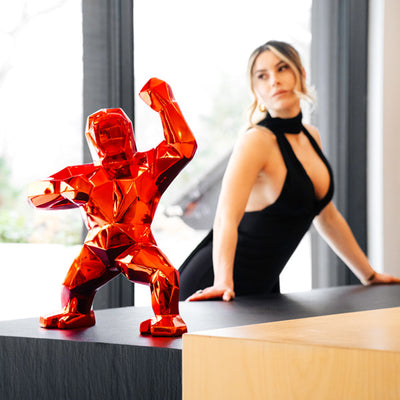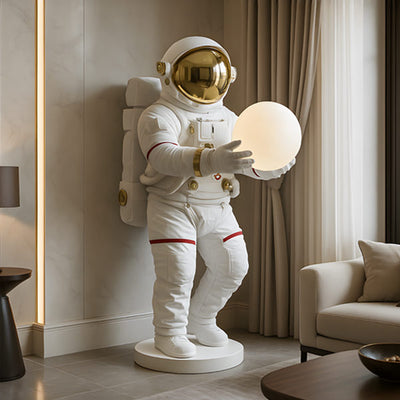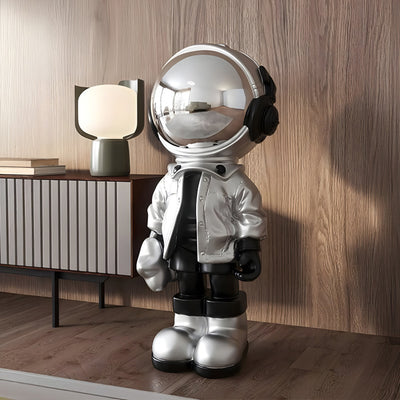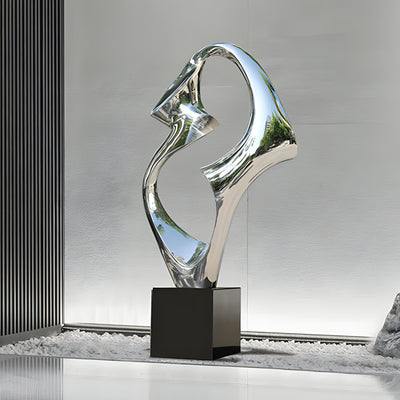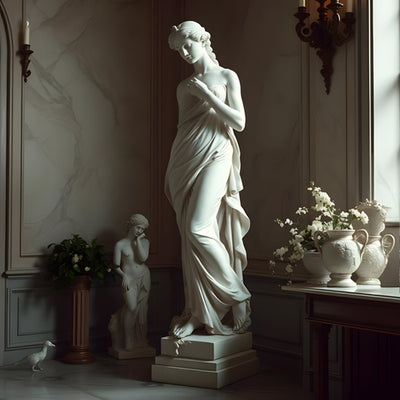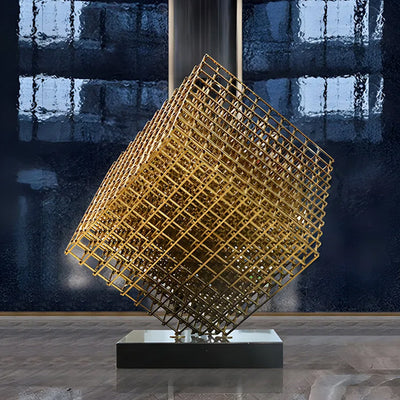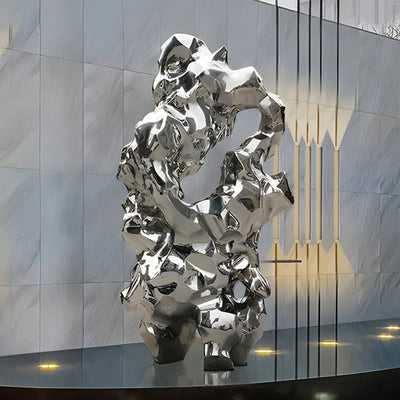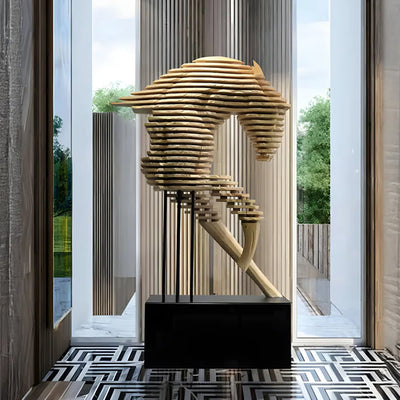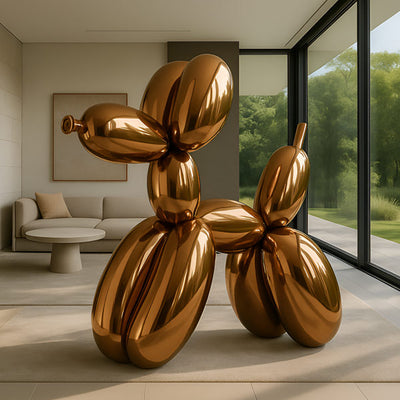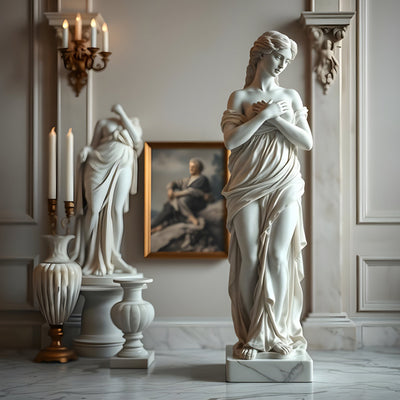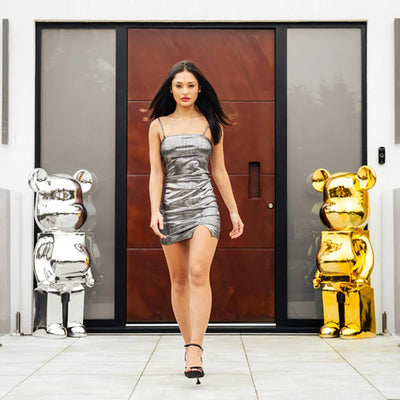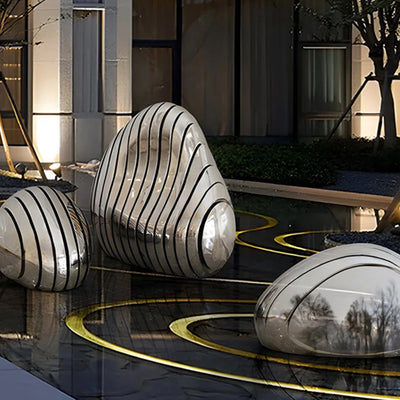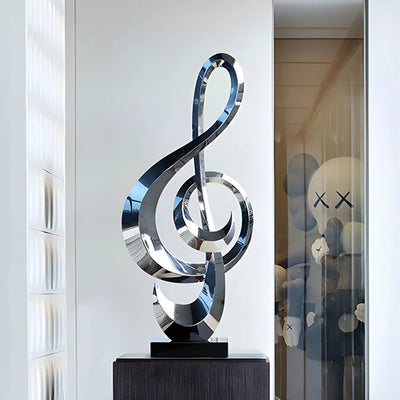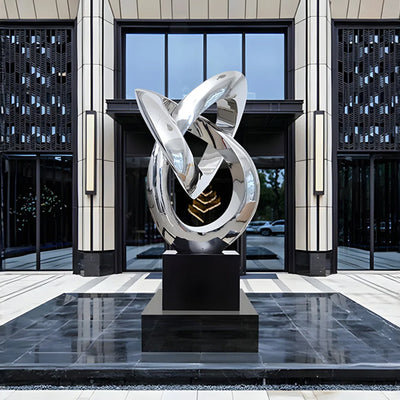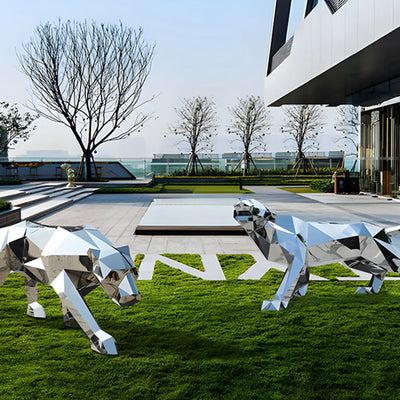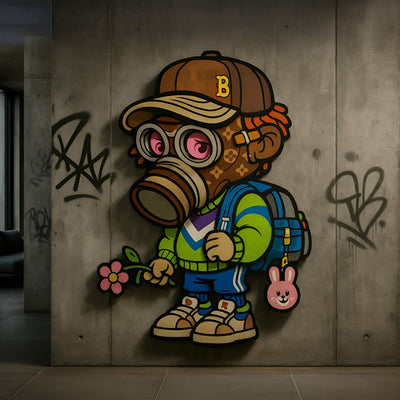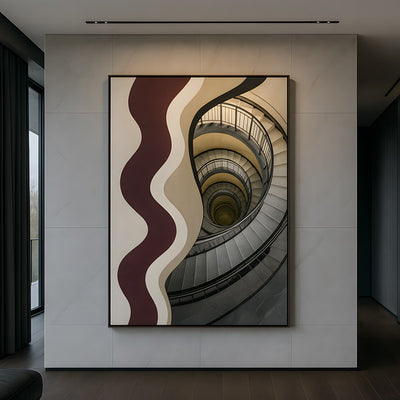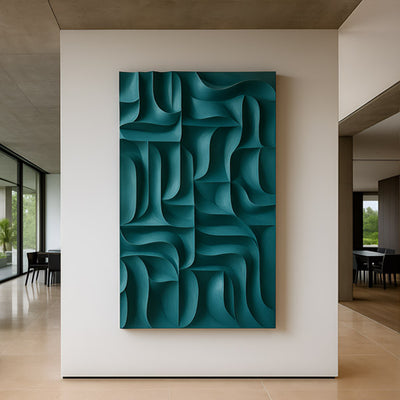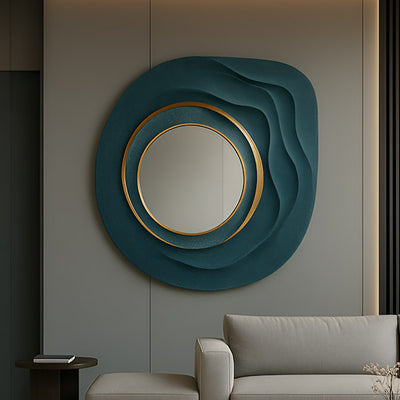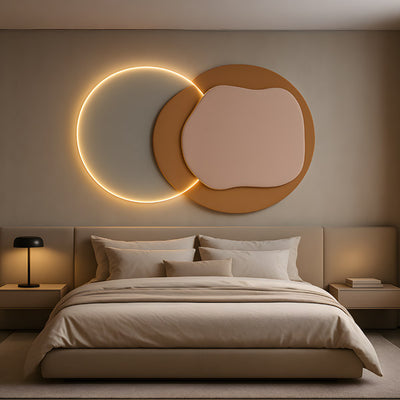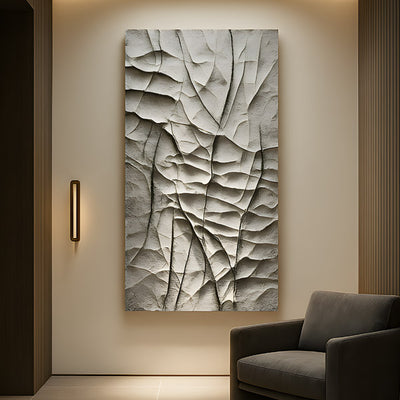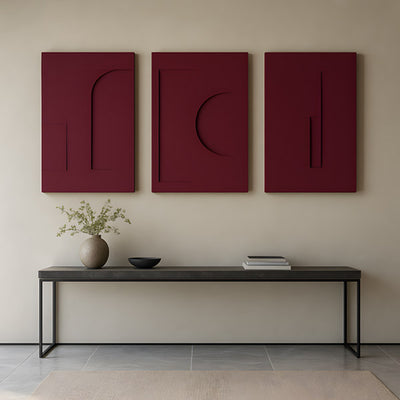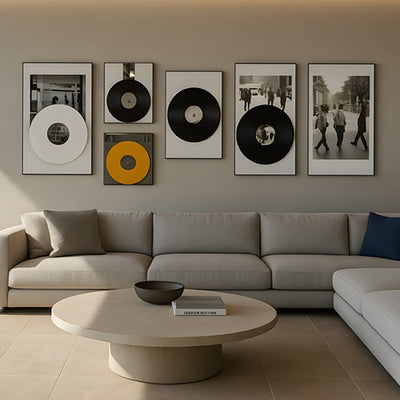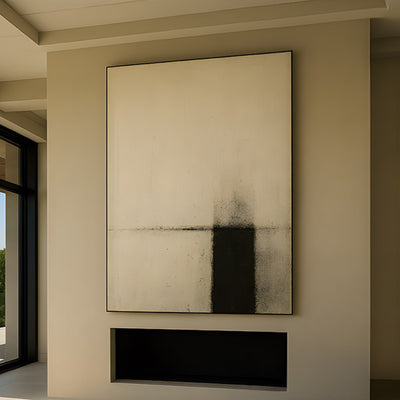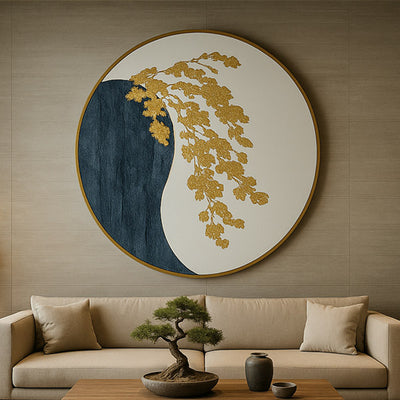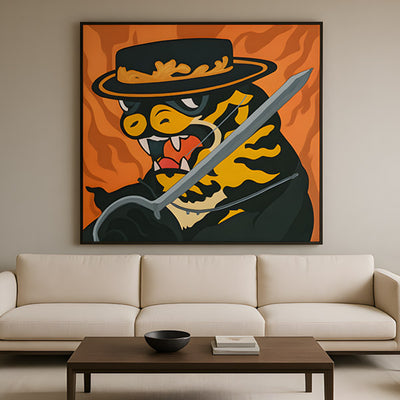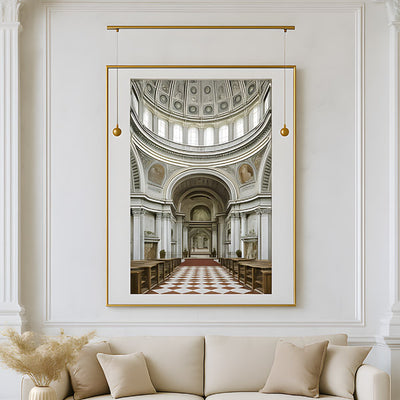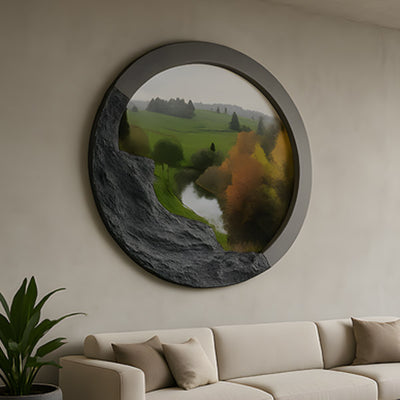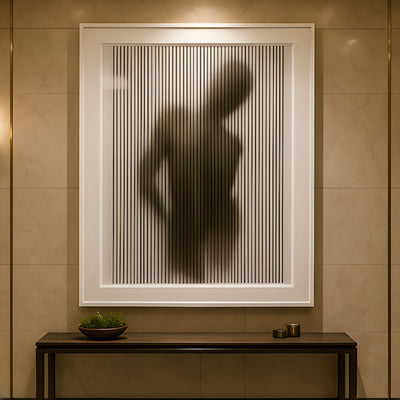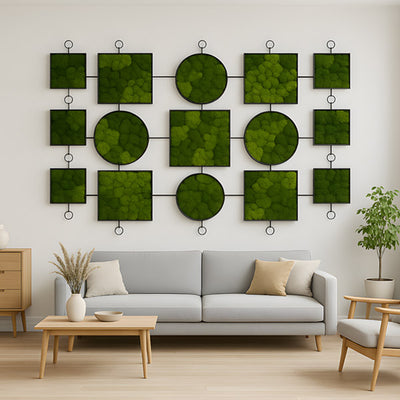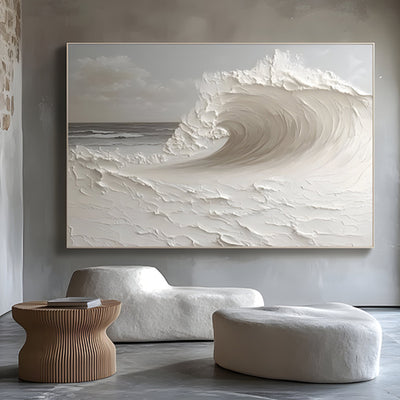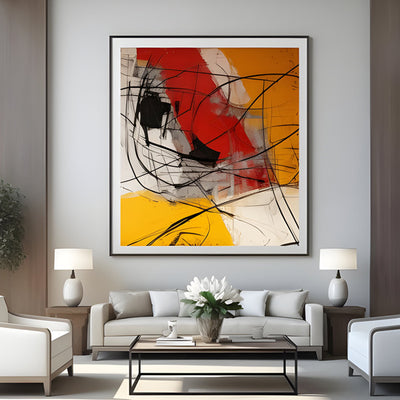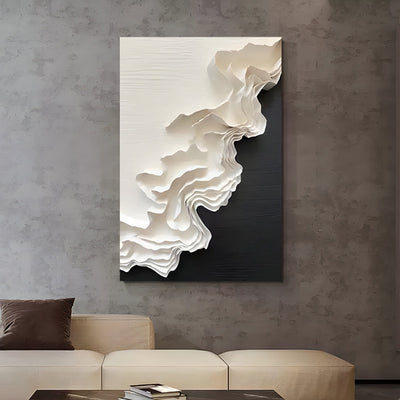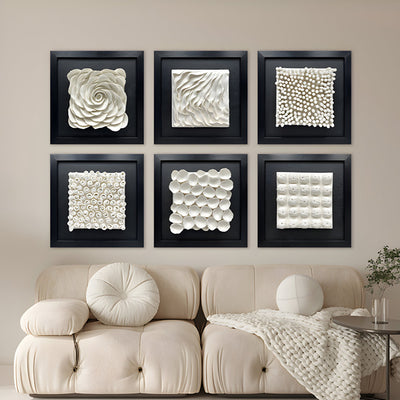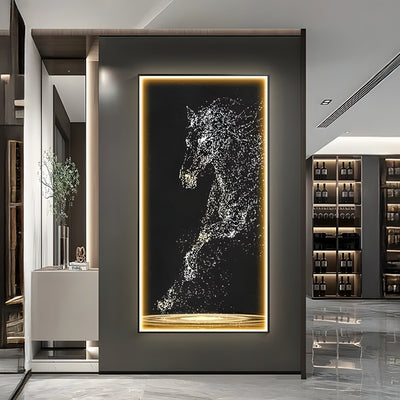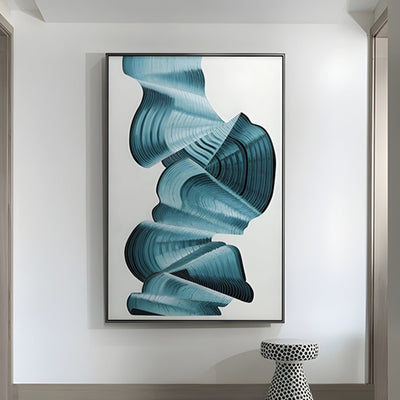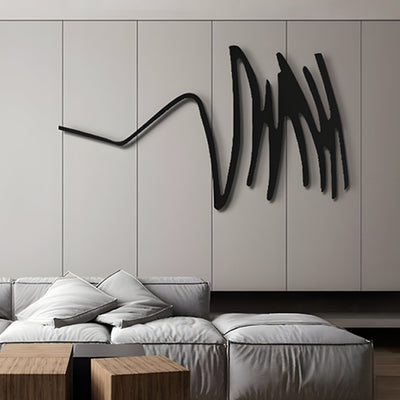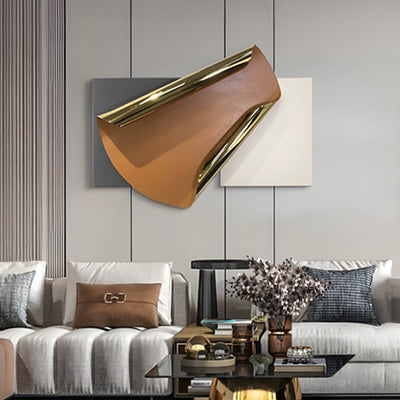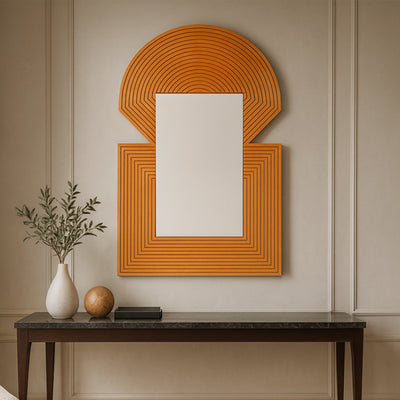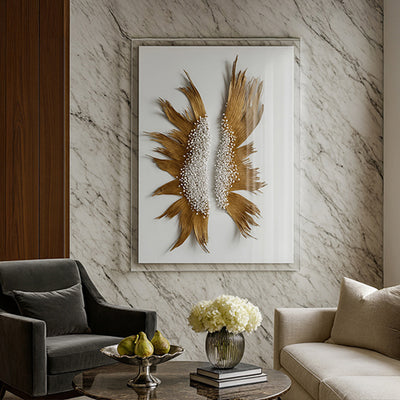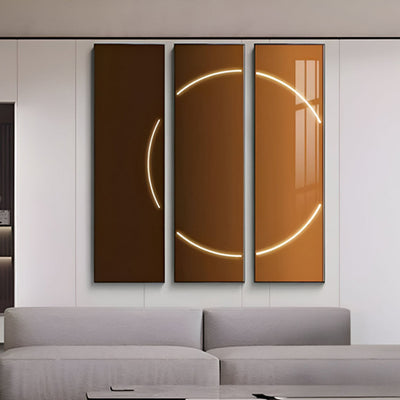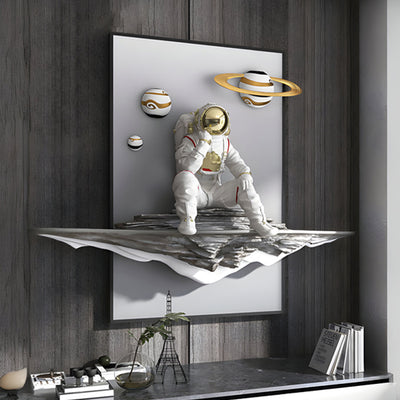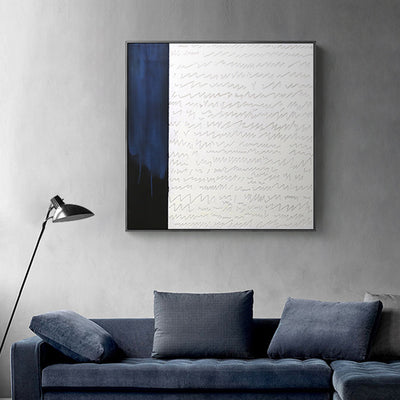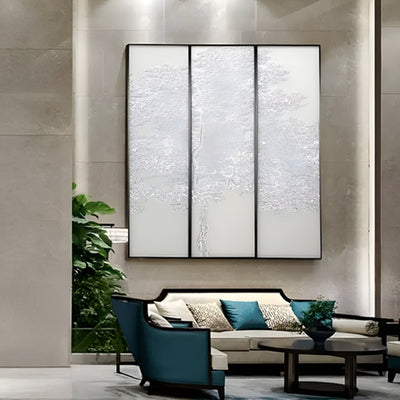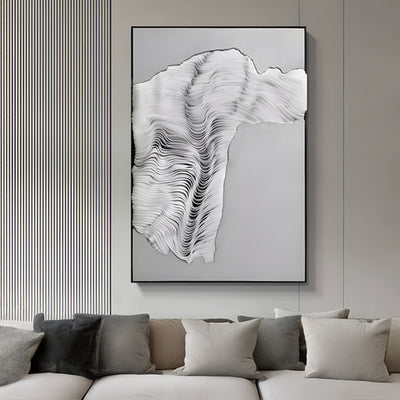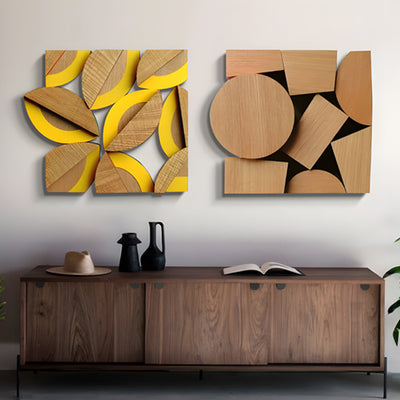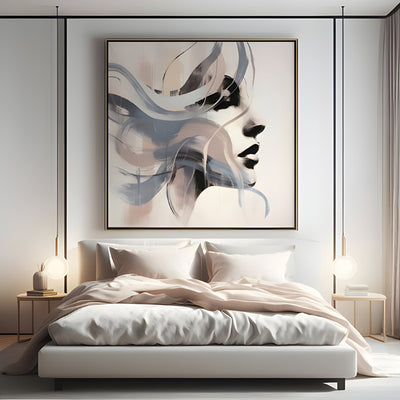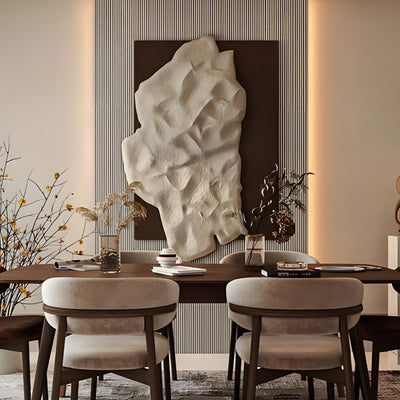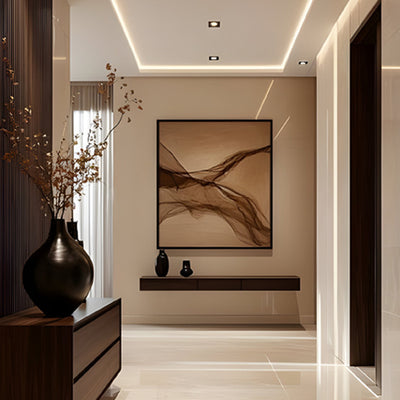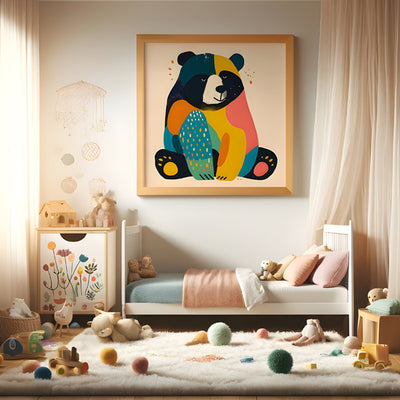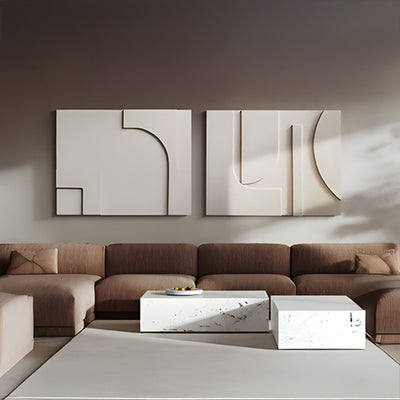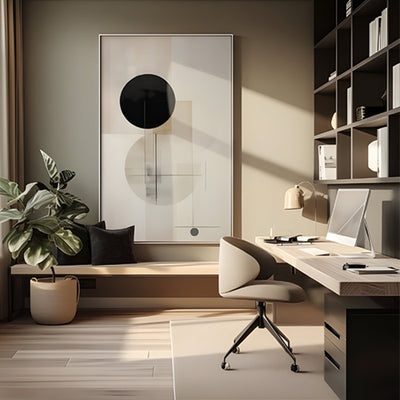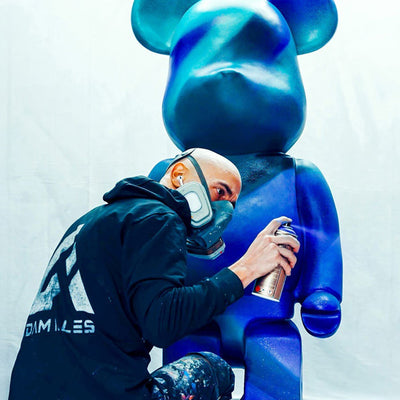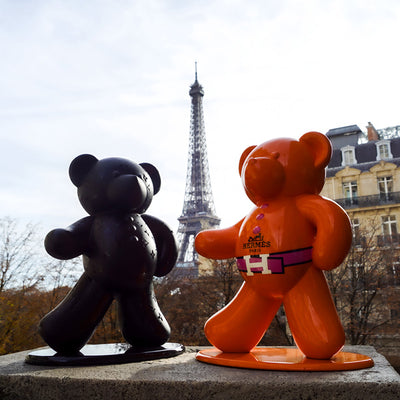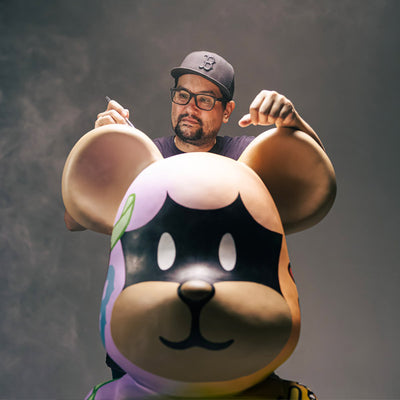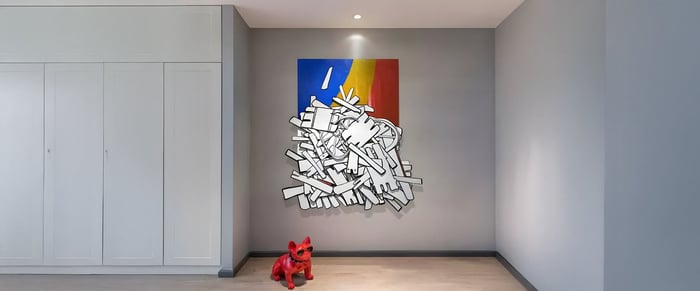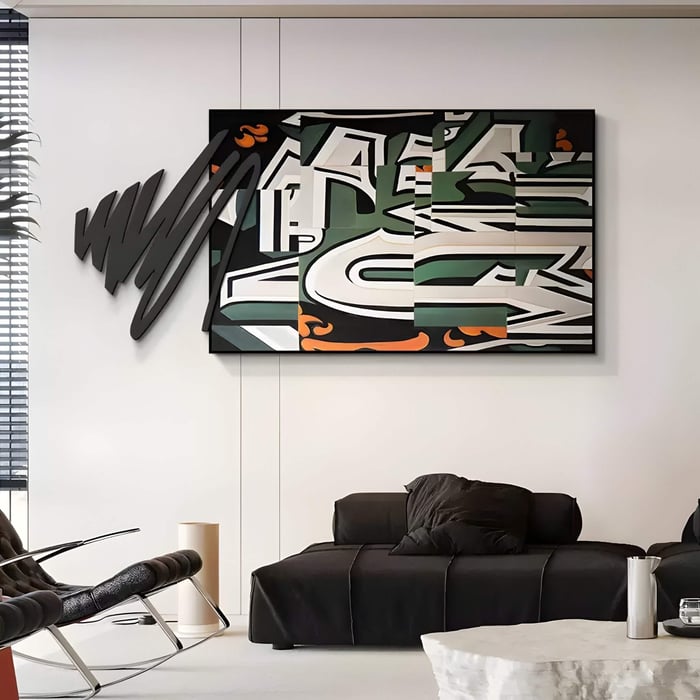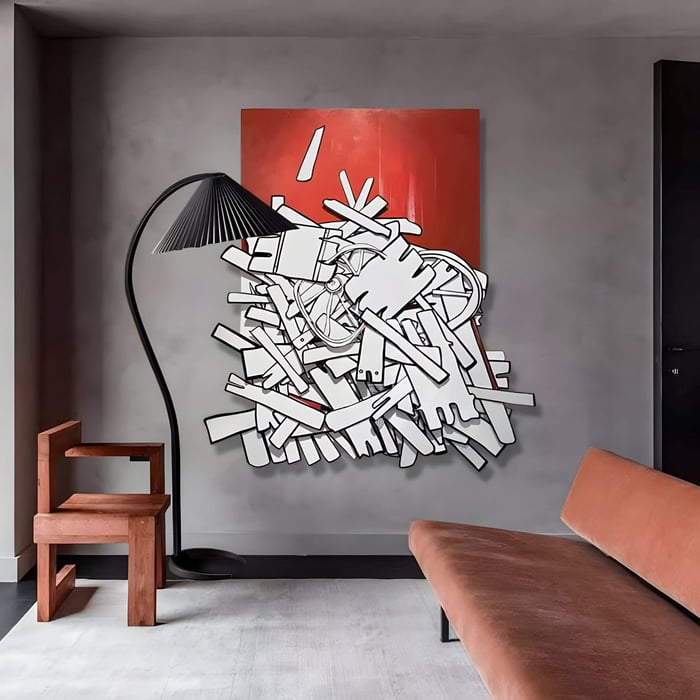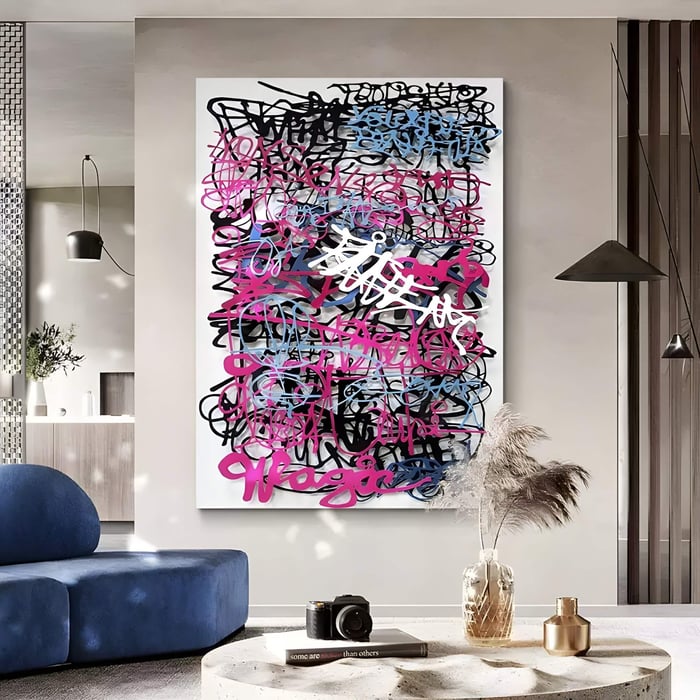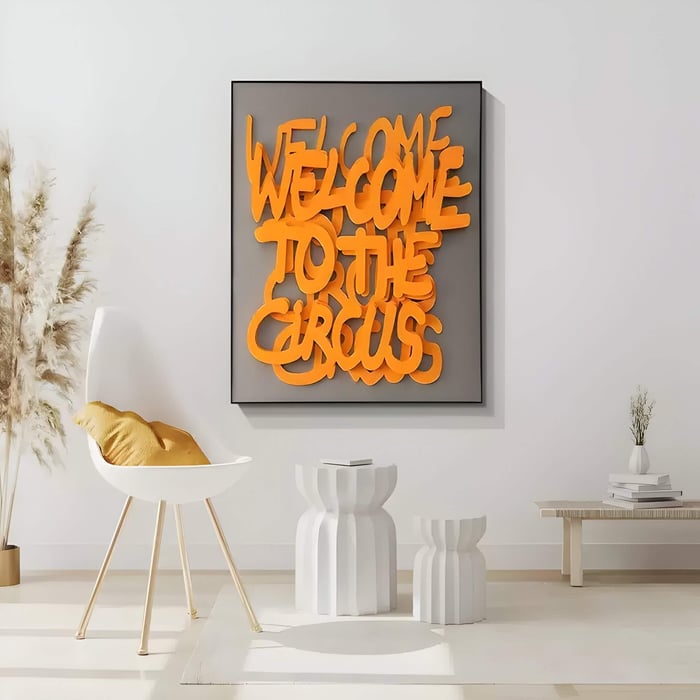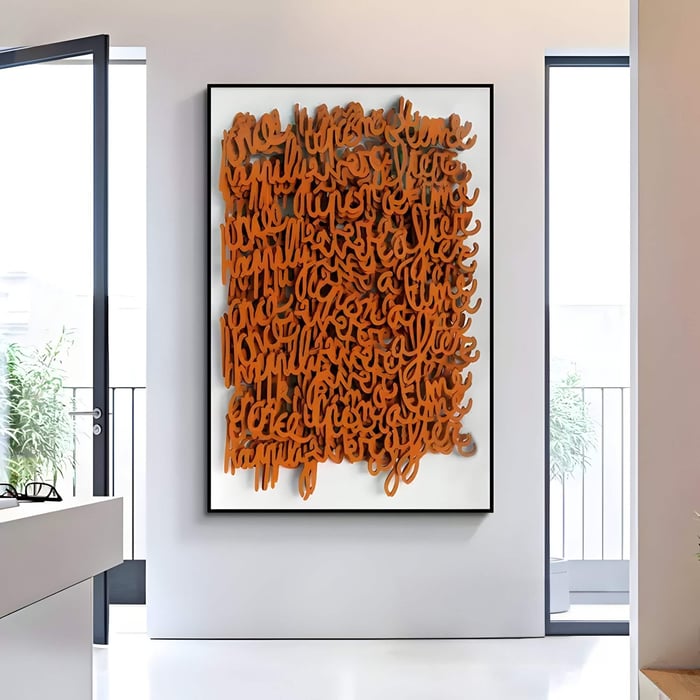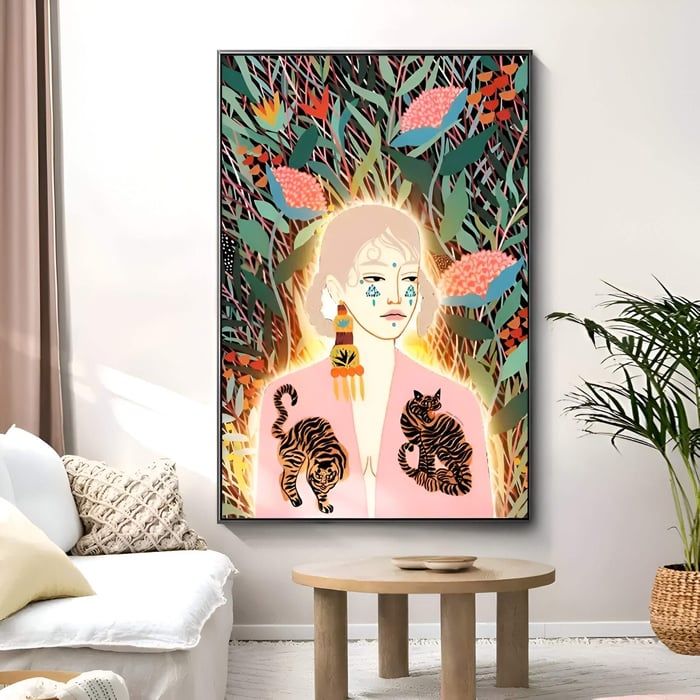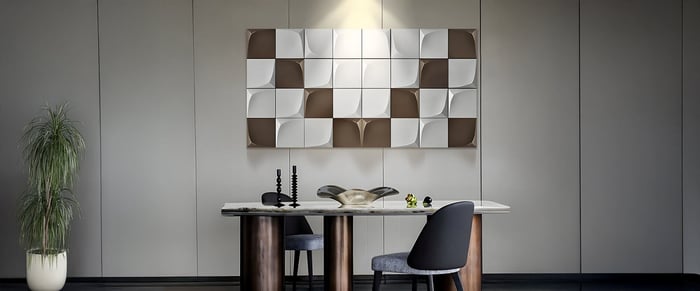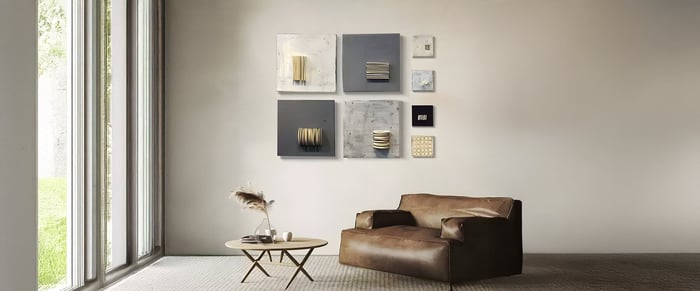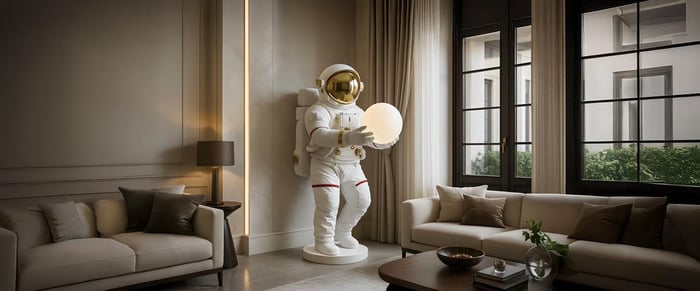Graffiti‑inspired wood art panels have leapt from back‑street alleys into high‑end lofts and chic city flats. By fusing raw graffiti art techniques with the organic warmth of timber, these panels deliver an unmistakable urban wall décor aesthetic. In this article, we’ll trace the origins of street‑art on wood, unpack the design elements, from spray‑paint art to textured relief, guide you through matching panels to different interior styles, offer tips on choosing the perfect reclaimed wood panel, and share installation and styling hacks so you can bring bold, metropolitan energy into your home.
Street‑Art Meets Wood Art: The Origins
Graffiti Culture in a Nutshell
The modern graffiti movement ignited in 1970s New York, when teenagers like TAKI 183 began tagging subway cars to claim visibility in a city that ignored them. The form evolved fast: bubble‑letter throw‑ups, razor‑sharp wild‑style, political stencils, and mural‑scale burners. By the 1980s, Keith Haring chalked subway panels while Jean‑Michel Basquiat’s SAMO tags caught gallery attention. This street language of colour, urgency, and civic commentary laid the conceptual groundwork for today’s high‑end urban wall décor.
Why Artists Choose Wood
Brick, concrete, and rolling stock remain graffiti’s natural habitat, but wood offers three game‑changing perks. First, it supplies ambient warmth, a welcome counter‑note to spray‑paint’s harsh fluorescents. Second, wood’s grain patterns break up flat pigment fields, adding organic rhythm beneath the colour blast. Third, reclaimed timber tells its own tale through weathered textures and carpenter’s marks, grounding the edgy visuals in tangible history. In short, wood humanises graffiti, turning raw expression into refined, handmade wood artwork suitable for lofts, hallways, and even upscale offices.
Design Elements of Graffiti‑Inspired Wood Art Panels
Raw Grain + Bold Pigments
On a textured wood canvas, acrylics and spray paints pop brilliantly. Artists often leave bark edges and knot holes intact, letting the board’s history inform the artwork. Neon sprays and jewel‑toned aerosols achieve a bold colour wall art effect that anchors any space.
Techniques: Drips, Stencils, Splatter
Classic graffiti markings translate beautifully to timber.
Drips: Controlled runs of paint evoke spontaneity, emphasising the panel’s vertical grains.
Stencils: From crisp geometric shapes to intricate portraits, laser‑cut stencils ensure repeatable precision, even on rough planks.
Splatter: Flicked paint adds chaos and movement, ideal for bold colour wall art.
Depth & Dimension
To elevate beyond flat application, many artists incorporate:
Routed Grooves: Channels carved into the plank create shadowed outlines.
Resin Infill: Tinted epoxy fills grooves and depressions for a glossy, tactile finish.
Layered Relief: Multiple wood layers glued and painted produce sculptural depth, a hallmark of contemporary mural panels.
Together, these elements transform a simple urban wall décor piece into a dynamic 3D art installation that demands attention.
Style Guide: Matching Panels to Bold Urban Interiors
Industrial Loft Edge
Picture a 180 cm‑wide reclaimed plank splashed with neon tags, hung on an exposed‑brick wall under steel trusses. Pair with Edison bulbs, distressed leather, and concrete planters to complete the factory‑converted‑to‑flat fantasy. The piece anchors the room like a downtown billboard, yet the timber keeps it homely rather than hostile.
Modern Minimalist Pop
In a stark studio with gallery‑white walls, a single birch panel hosts a crimson stencil of a stylised skyline. No drips, no noise, just one crisp graphic. The controlled palette turns the board into an exclamation mark that enlivens minimal décor without clutter.
Boho Street Fusion
Combine three or four narrow cedar planks, each sprayed in pastel gradients, over‑written with handwritten quotes, floral stencils, and abstract waves. Hang them salon‑style above rattan chairs, kilim cushions, and macramé planters. The result: a relaxed space where Venice Beach meets Marrakech via Brooklyn.
Luxury Street-Chic
On dark‑walnut veneer, the artist applies hand‑torn gold leaf, then mists sapphire and magenta gradients across it. Black‑chrome calligraphy overlays the metallic sheen. Mounted above a marble console with brass sconces, the panel proves that graffiti can mingle with couture without losing its edge.
Choosing the Right Graffiti‑Inspired Wood Art Panel
Scale & Placement
Living‑Room Anchor: Choose a board roughly two‑thirds the sofa width; centre it 15 cm above the backrest.
Dining‑Room Energy: A panoramic panel extends visual length, balancing a long table.
Hallway Art Impact: Tall vertical planks (40 × 120 cm) elongate narrow corridors and create gallery vibes.
Colour Cohesion
Echo at least one spray‑paint tone elsewhere: hot‑pink drips pair with mauve cushions; seafoam gradients match succulents in teal pots; metallic bronze splats resonate with pendant‑lamp hardware.
Artist vs DIY
Commission a local muralist - websites like Street Art Cities map talent worldwide, or try a weekend project: sand recycled timber, mask a stencil, and blast with spray cans. Seal with matte varnish for longevity. Creating your own artistic wood board adds personal swagger and saves cash.
Installation & Styling Hacks for Maximum Impact
Mounting Like a Pro:
French cleats provide secure, flush mounting for heavy wood panels.
Hidden Z‑bars create a floating effect with minimal hardware exposure.
Stud anchors ensure stability on brick or drywall.
Lighting Tricks:
LED back‑lighting accentuates neon drips and resin inlays.
Track lights allow you to angle warm or cool beams, enhancing colour depth.
A single neon wall art piece can become the room’s mood‑setter.
Layered Textures:
Contrast the rough wood artwork with smooth concrete planters, plush rugs, and sleek wire‑frame furniture to heighten the edgy home décor vibe.Vertical Triptych Arrangements:
For narrow hallways or stairwells, align three reclaimed wood panels in a vertical triptych. This urban wall décor technique creates a striking floor‑to‑ceiling graffiti art statement without overwhelming limited width.Seasonal Rotation:
Swap panels seasonally - bright pops for summer, muted tones for winter, without repainting walls. Store off‑season boards safely with protective covers.
Conclusion - Bring Street Energy Indoors
Graffiti‑inspired wood art panels inject instant city vibe interior energy into any room. Whether you favour an industrial loft style with neon tags on reclaimed planks, a minimalist single‑stencil pop in a white gallery‑like space, or a luxury fusion of gold‑leaf and walnut, these panels anchor bold urban interiors with authenticity and warmth. Ready to transform your hallway or living room into an edgy masterpiece? Explore local street artists at open‑air festivals, commission a muralist for a custom plank, or browse Giant Sculptures’ collection of handmade wood artwork. Bring the streets inside and let your walls speak the language of modern graffiti design.
